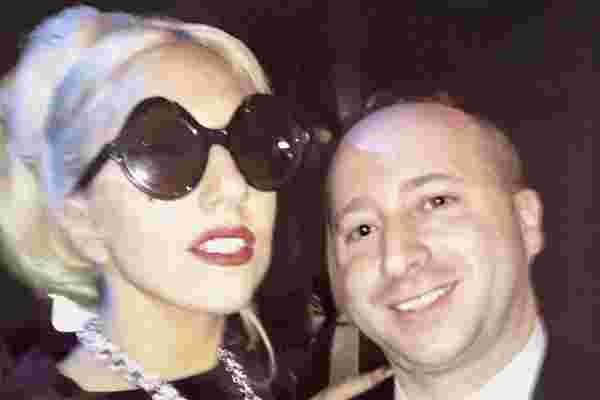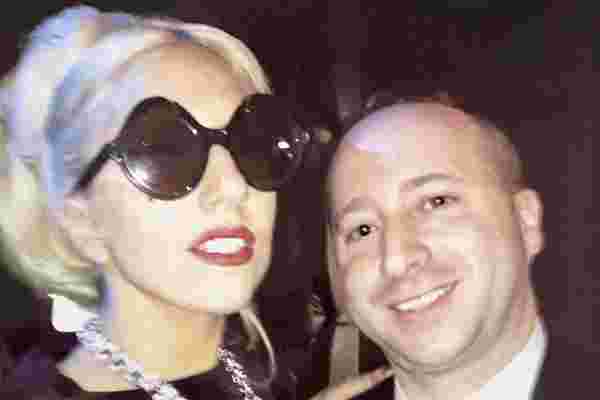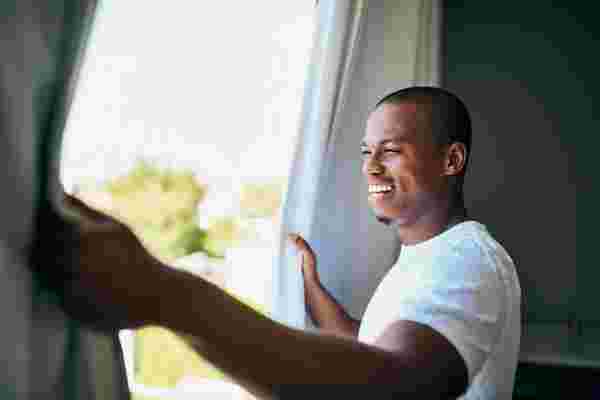
For the last 20 years,Howie Schwartz has run Grandstand Sports & Memorabilia, and over the course of that time, he estimates that he's raisedover $100 million dollars that has gone to charities like the Make-A-Wish Foundation, the Ronald McDonald House,the Lady Gaga Foundation, and many more.
Everyyear, Schwartz runscharity fundraising programs for over1,000 non-profits, offering the organizations thisunique selling proposition: nobody he works for pays him. GSM covers all of their own travel expenses and doesn't take any money from any auction itemsupplied by the charity. All Schwartz says he requires from an organization is a stage and a microphone.
So how does GSM stay in business? They supplementthe charities' offerings with their own unique items and experiences, like a swimming clinic for kids with Michael phelps or theupcoming night of food and drinks with New York Giants superstar Saquon Barkley.GSM sets aminimum bidon these items and experiences, and thebenefiting organization receives a percentage of the minimum bid plus100 percentof every dollar bid above the minimum with no ceiling. 58003
But no one wins if the auctioneer can't get donors excited to spend, and that's where Schwartz shines. In the spirit of charity, he shared the lessons he's learned along the way about connecting with audiences and getting people to start writing checks.
put your audience in your sales pitch
"My style is very engaging and comedic. I've learned over the years that when auctioning,it's just as important for buyersto connect with me as they do with the actual item or experience I'm offering. So let's say we're doing a celebrity chef experience. 58003 Or like for the Michael phelps kids swimming clinic, I'd say, 'Imagine your child becomes so good after learning from the greatest Olympic swimmer of all time that they get a swimming scholarship to college. So if you spend a few thousandtonight, I just saved you $300,000by the time your child goes to college!'"
photo credit: Howie Schwartz
Value is in the eye (or ear) of the beholder
"I was auctioning off a dinner experience with Lady Gaga at an event and she screams my name right in the middle of it. I was at $8,000, seeing who's going to go $8,500, $9,000. And she says, 'Howie, come over here!'So I did and said, 'Yes, Lady Gaga?' And she says, 'Add these to the lot.' And she took off her earrings. Now, I don't know if they were worth 10 bucks or $10 million. So then I said, 'Lady Gaga, if there's anything else you'd like to take off to enhance this lot, by all means, feel free.' And she stood up and did like a fake striptease.She took off like a scarf. The place went wild and we wound up getting around $50,000,something crazy like that. And I don't know how much the earrings were actually worth.They could have been costume jewelry for all I know."
people want to buy memories, not things
"people don't get as excited bidding for itemsthat they feel like they can easily go out and buy, like anice watch or piece of jewelry. What they wantis an experience that they cannot facilitate on their own. They don't know the producers who canget them backstage at the Country Music Awards, for example, and we do. And we're very conscious to concentrate on experiences that people can do for their kids. Because what we've seen is that people may have a preconceived budget of what they'd spend on themselves at a fundraising event, but if they cancome home with an opportunity for their child to learn sports from a superstar or to attend a concert and meet an entertainer of their dreams?Thatbudget gets tossed out the window."
郑重声明:本文版权归原作者所有,转载文章仅为传播更多信息之目的,如作者信息标记有误,请第一时间联系我们修改或删除,多谢。



